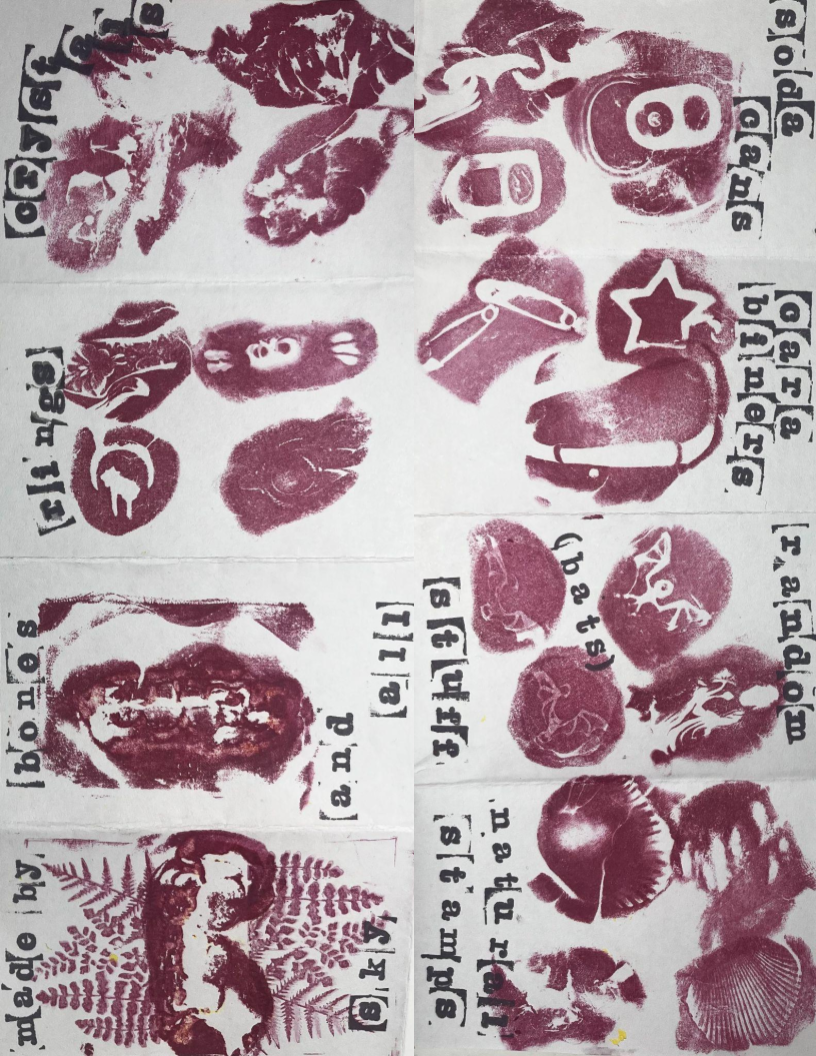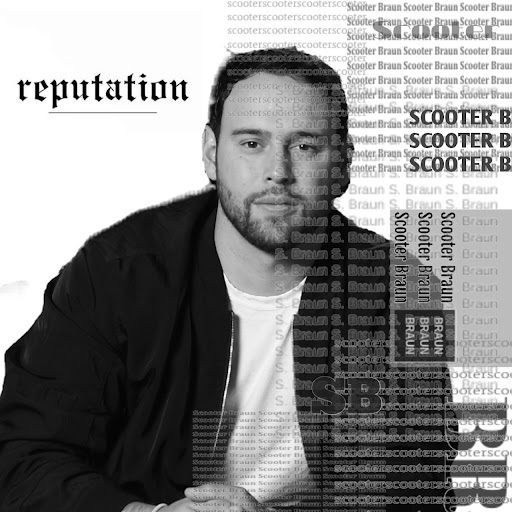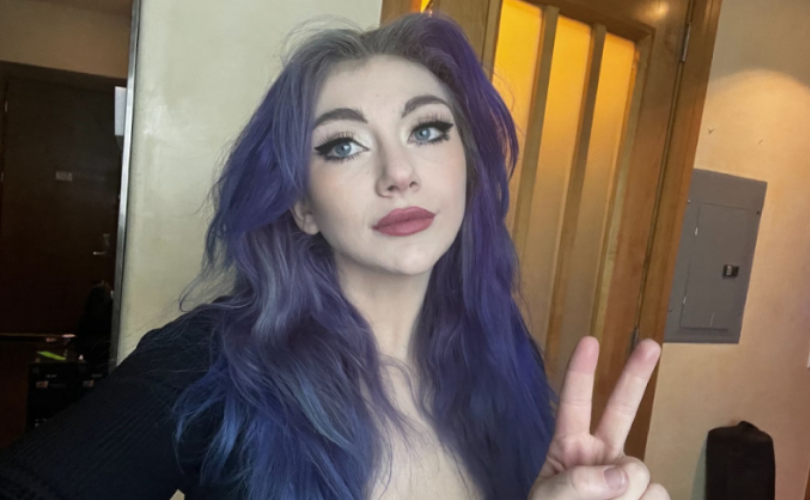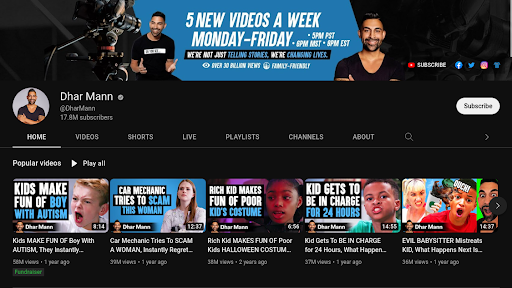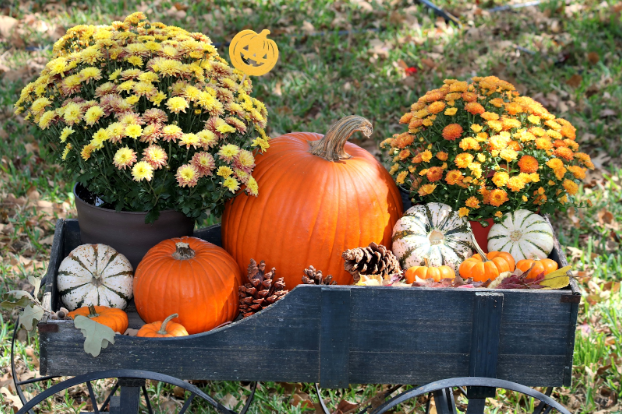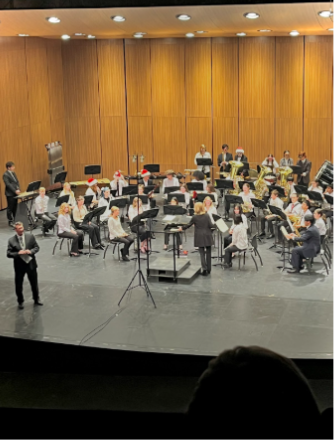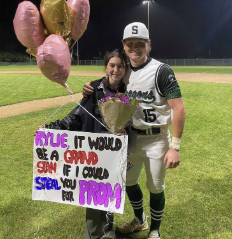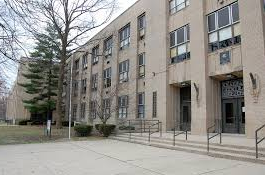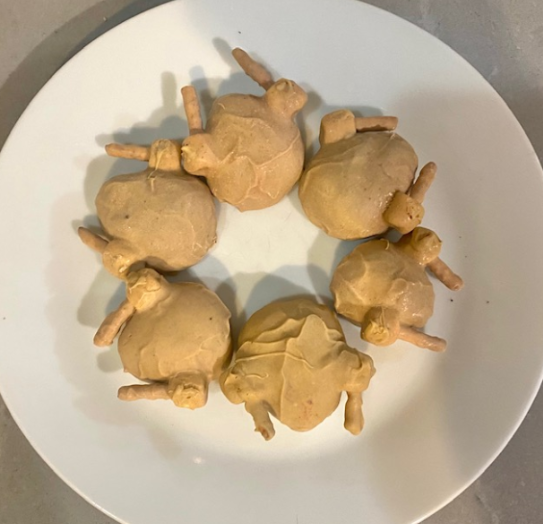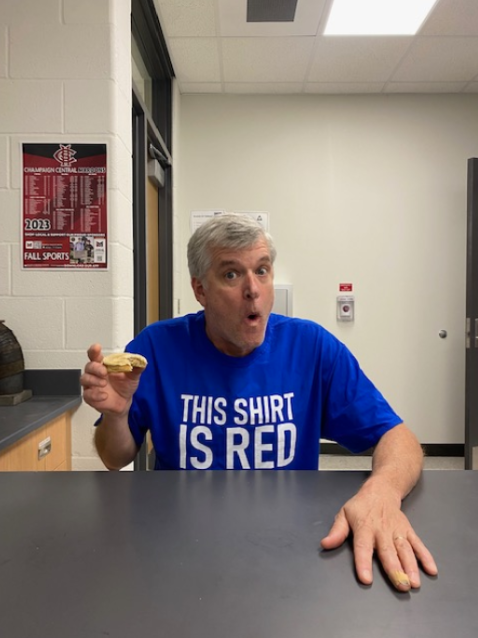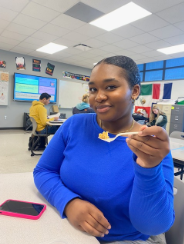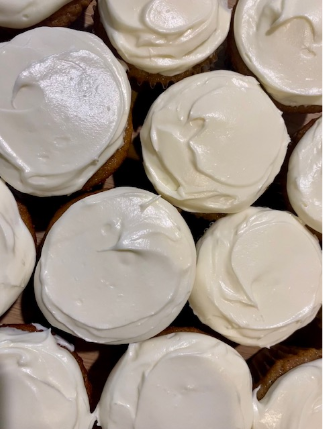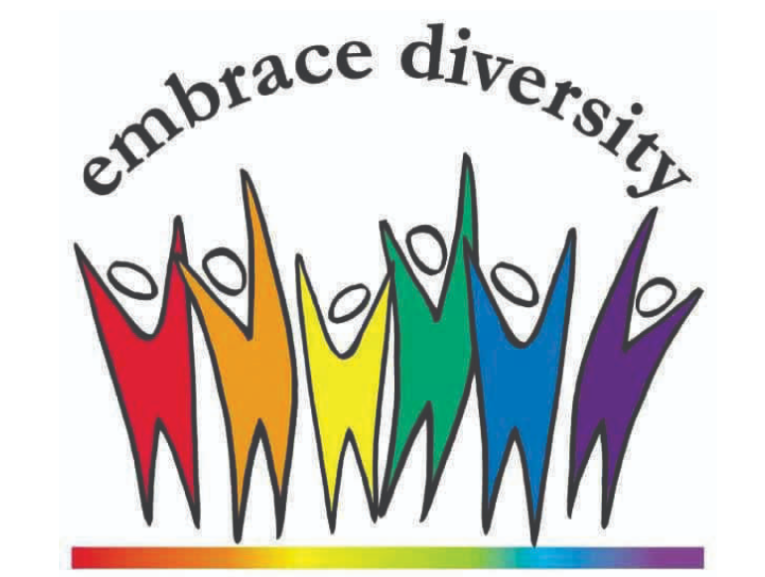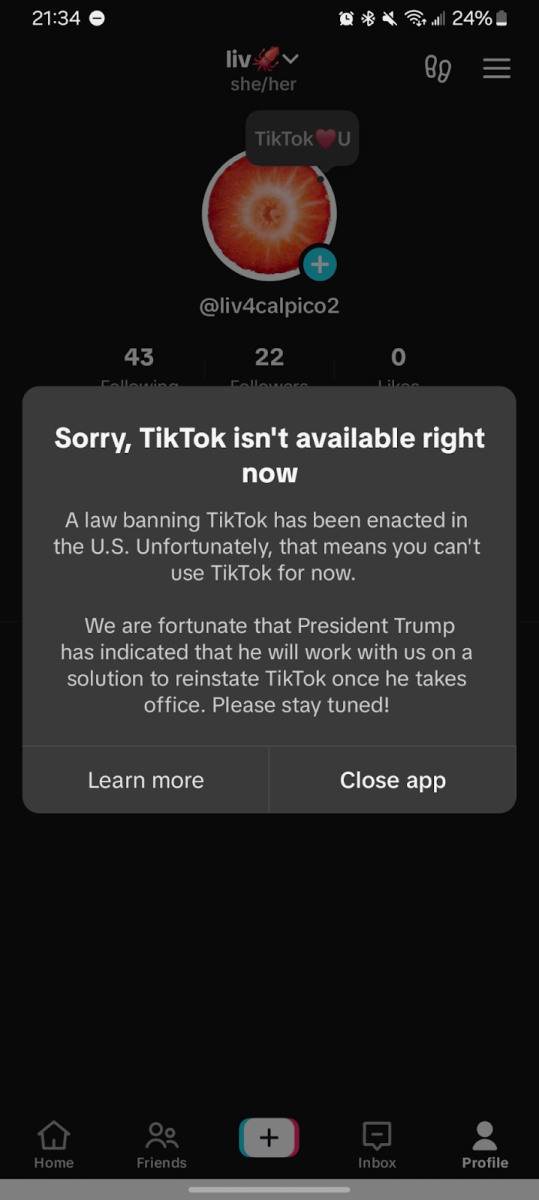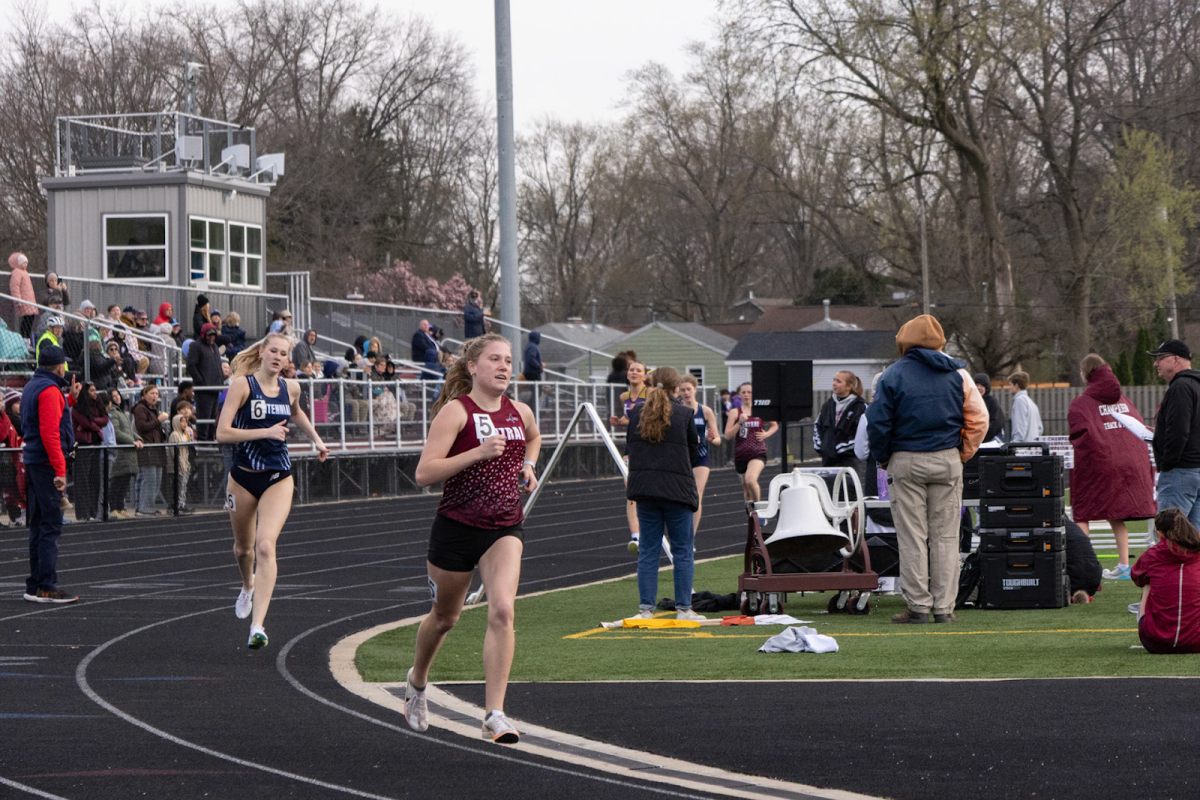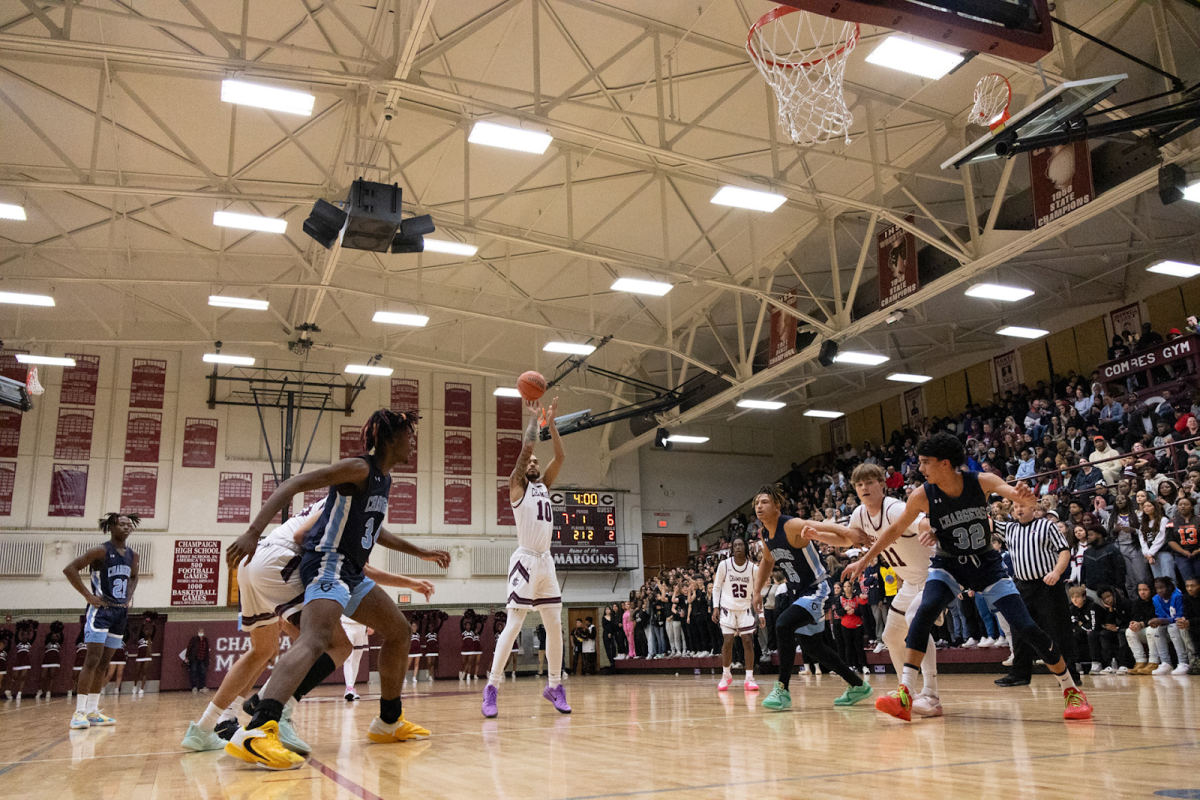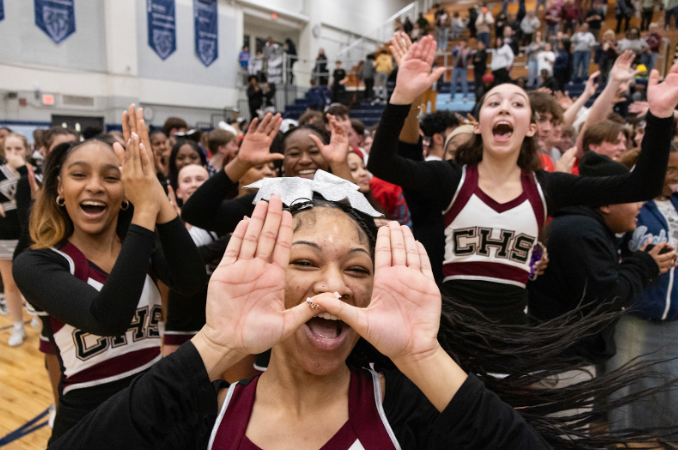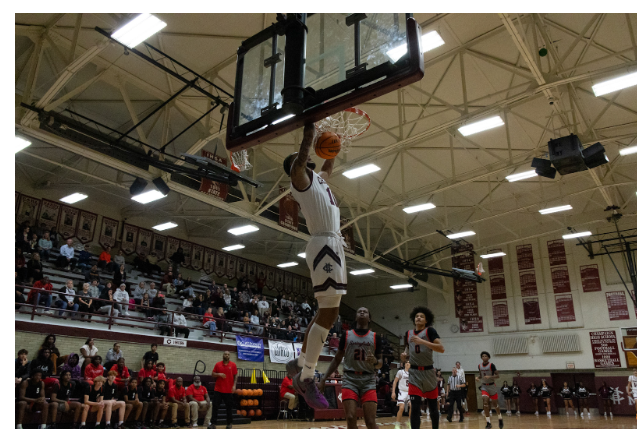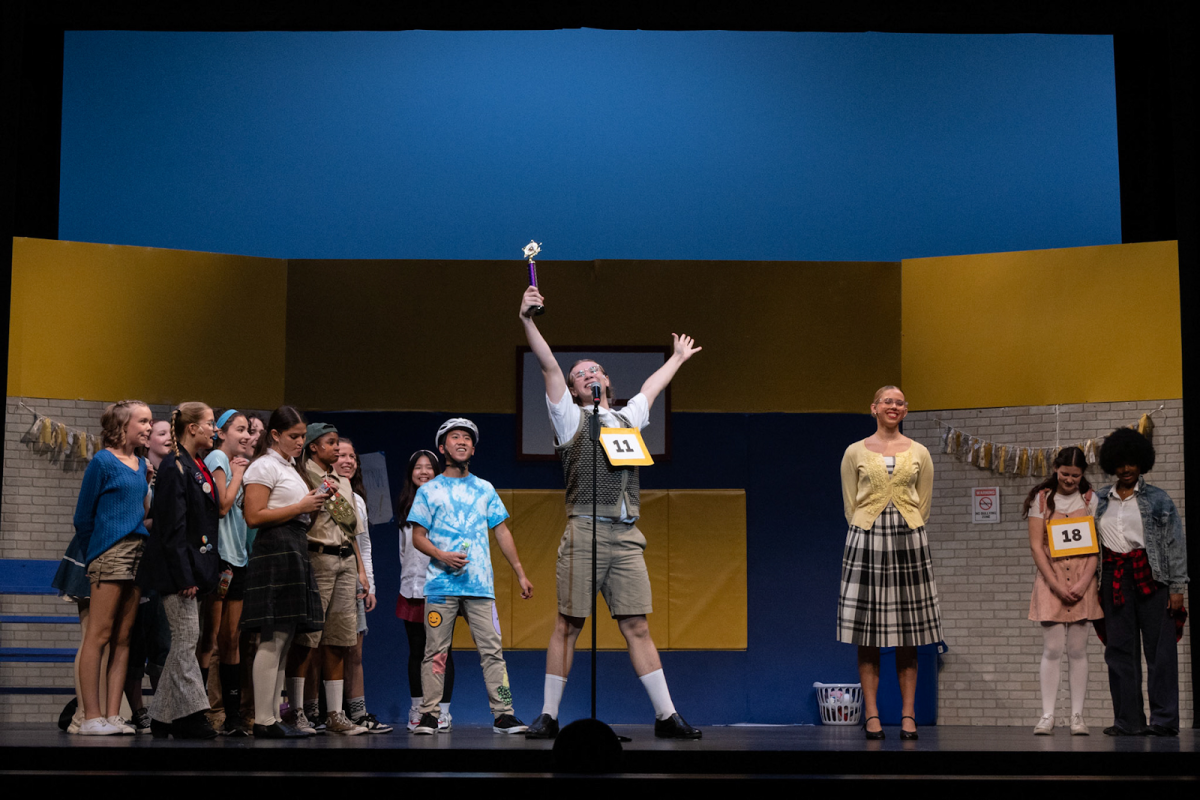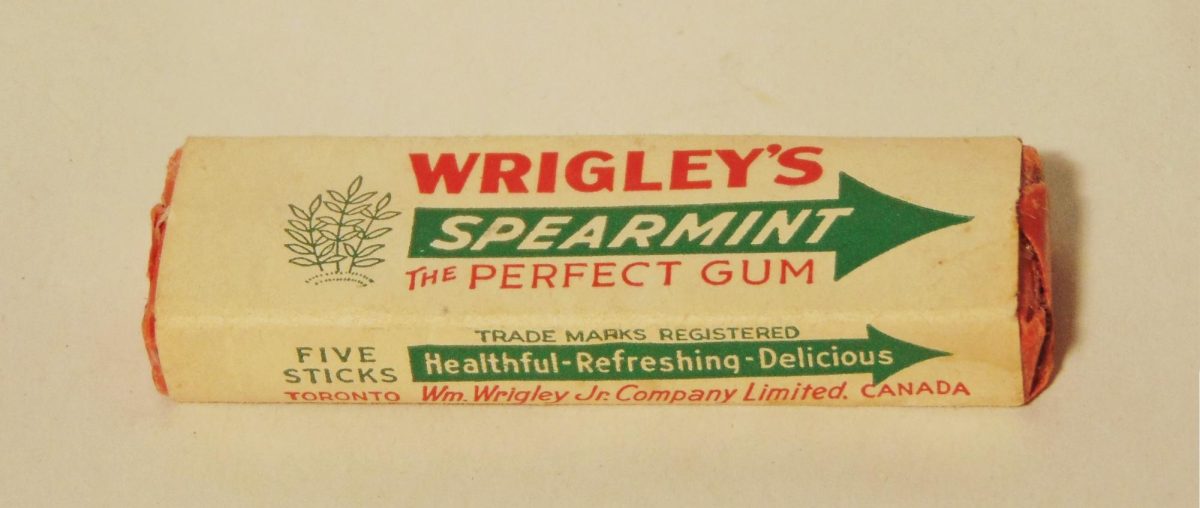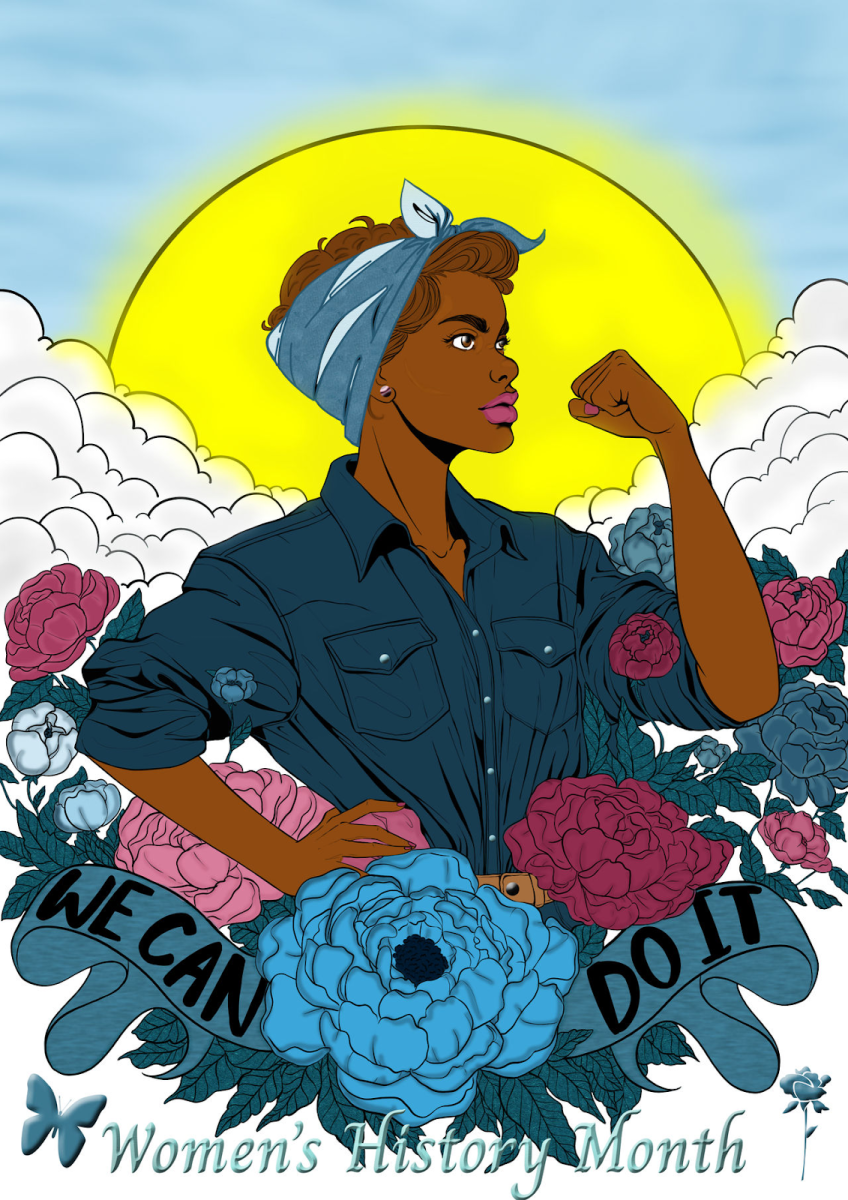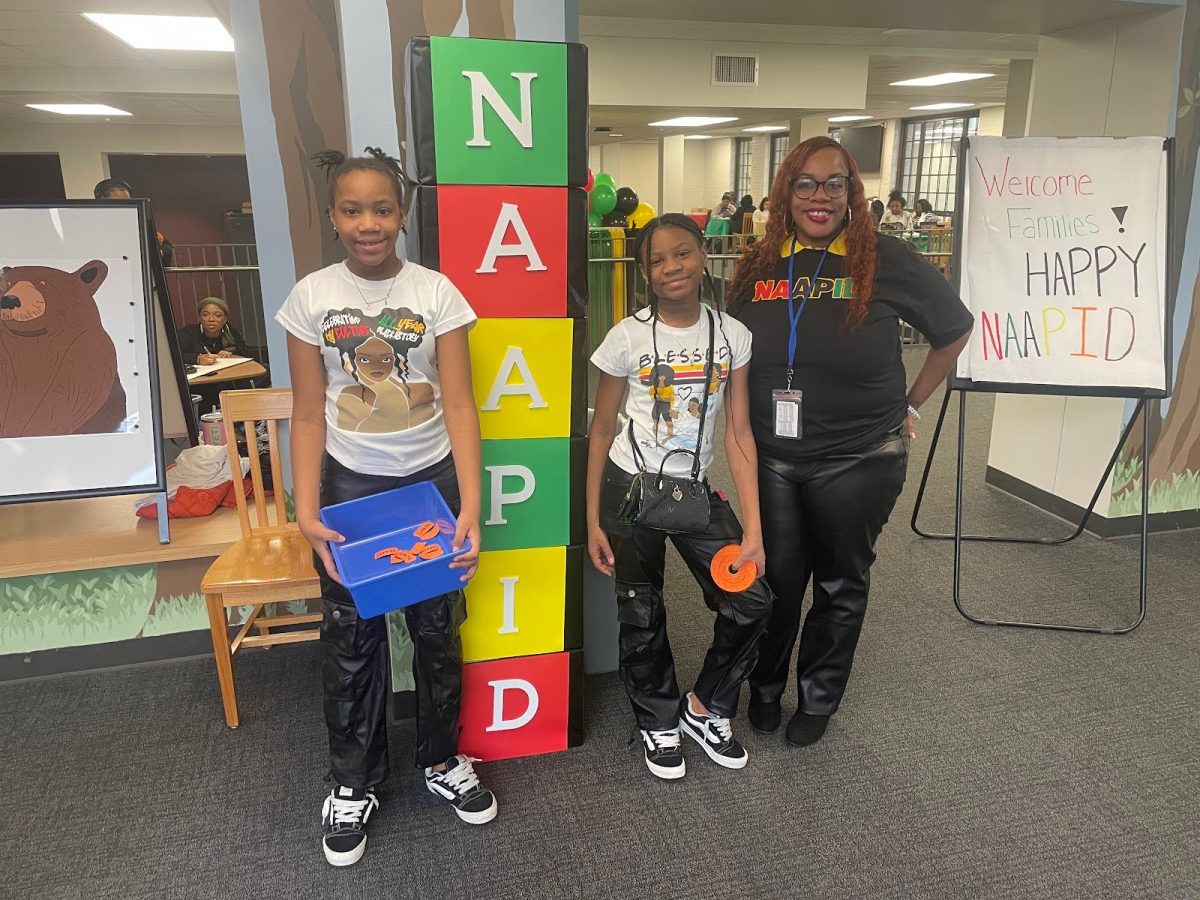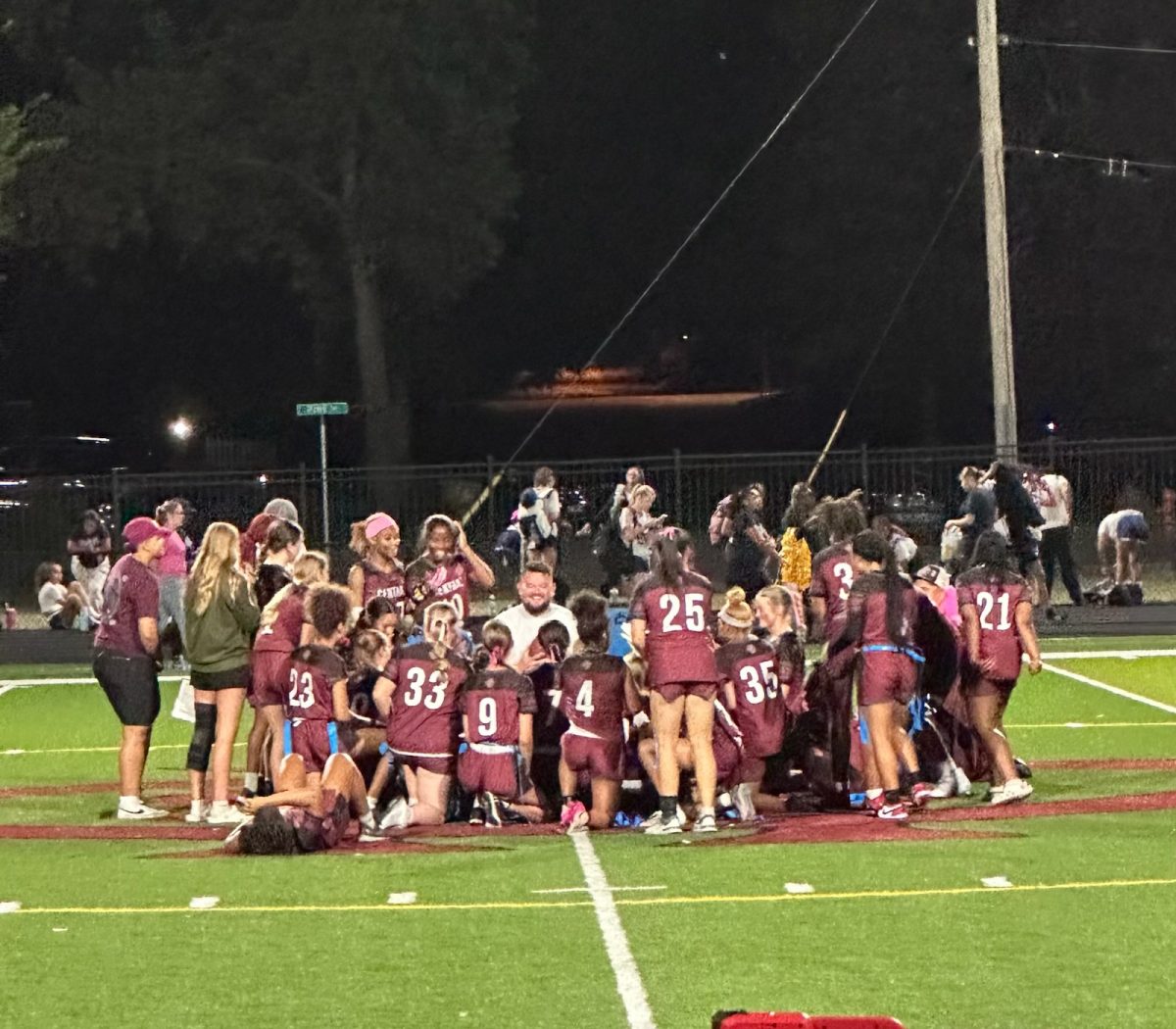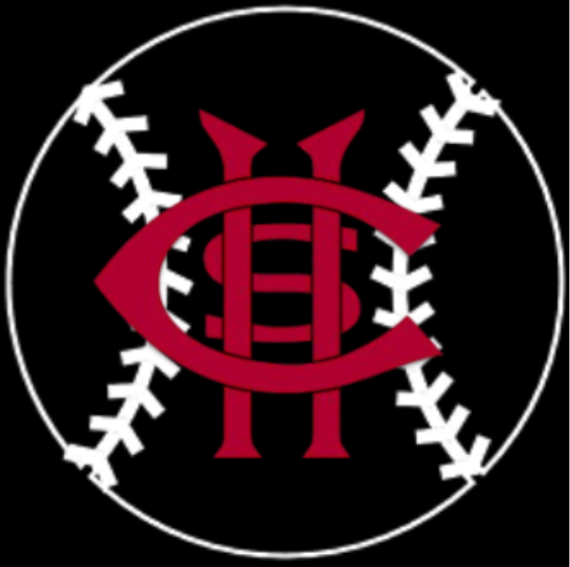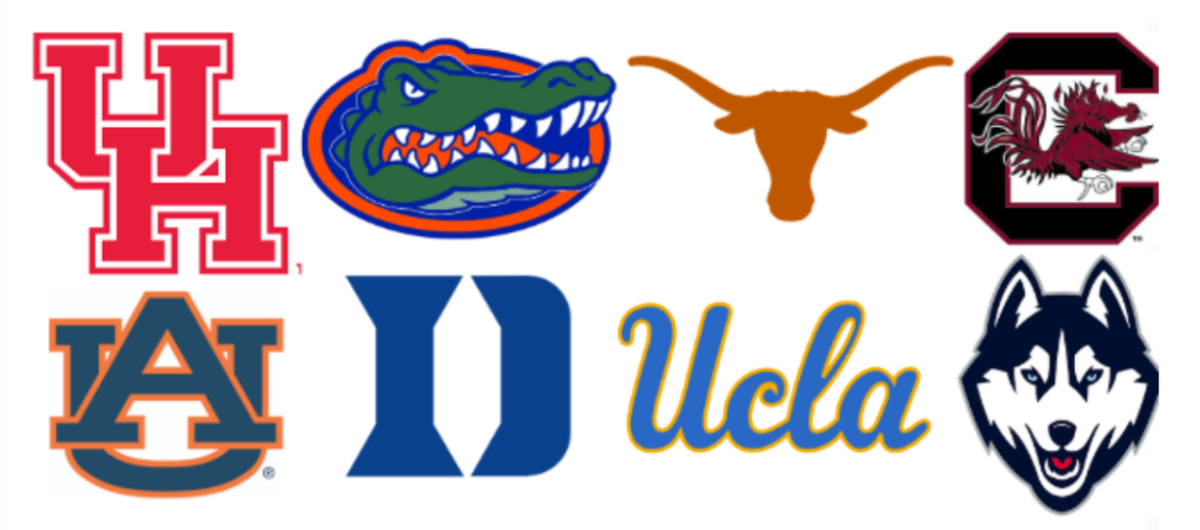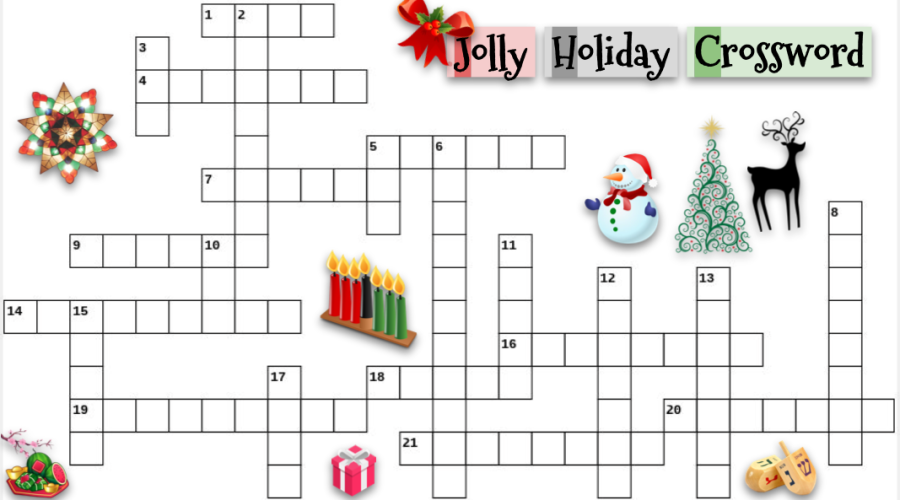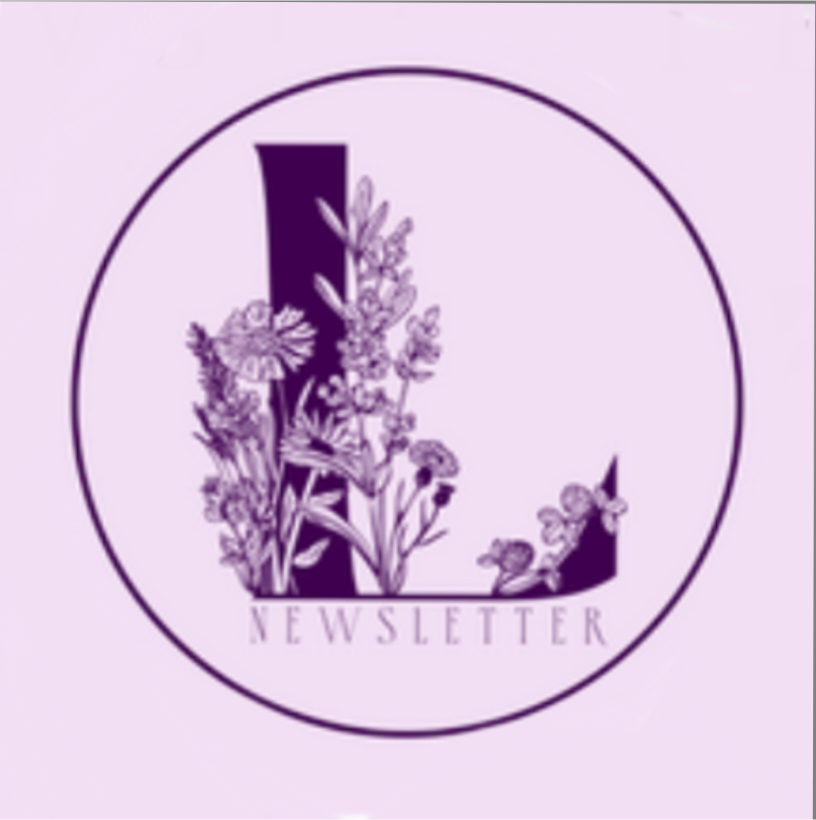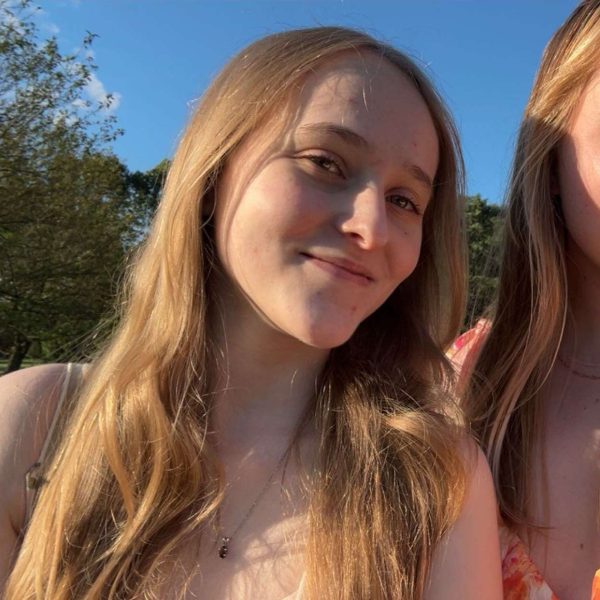The Lavender Newsletter
February 13, 2023
From the mid-seventies to the early nineties, a rare queer newsletter ran through Illinois, based in Champaign-Urbana. The Lavender Prairie News was one of the few successful queer publications at this time, catering to an audience of midwestern lesbians. One of the most notable aspects of the publication was its audience. Queer culture tends to pool in urban cities like Chicago or New York, and only seeps through the cracks of media to our small towns. But despite its size, CU was the perfect place for this to flourish. The University of Illinois in part fuelled a rich queer history and diversified the local population, so it’s no surprise to see it as the heart of a publication like the Prairie.
The Prairie died off with time, but is archived in the UIUC main library. Three decades later, recent graduate Jada Fulcher is the head of its successor, The Lavender Newsletter. Described as an “unabashedly queer” and “beautiful, cyclical” project, The Lavender runs as a monthly publication from and for CU, completely community-centric. “The queer community here is split into their own groups,” explains Fulcher. “I want to put us all in one.”
With the goal of unification in mind, The Lavender not only publishes for but actively engages with the community. They’ve hosted multiple social events at The Literary Bookbar, and have an upcoming fundraiser at Caffe Paradiso. The newsletter has also been discussing educational displays and events with Uni High, the Urbana Library, and UIUC’s Black Student Yearbook. “I want people asking for advice, very community-centric.” Like somebody could post saying that they were looking for a queer roommate, and contact each other from there.” Fulcher said. “I really want to allow it to be other things, and to speak about the arts, and create”
The content itself is also community driven. Certain months have unique themes, with the recent February issue highlighting queer black history. Physical copies of this edition are available at the aforementioned Literary Bookbar. “A lot of people say like, oh I’d love to write for you.” Explains Fulcher. “People are able to pitch us ideas.” Currently, community members are able and encouraged to apply as freelance writers.
“So much queer media comes from and is focused on the cities. you don’t have to leave your small town” Explains Fulcher. The Prairie was an outlier, and its successor plans to continue these themes. “I wanted it to feel really regional. So many queer publications are based in cities, those few pinpoints in the country”
There’s plenty of motivation behind this project. Having grown up in a Chicago suburb, Fulcher remembers growing up with a lot less media and representation, explaining that “so much like journalism is very much white and straight and cis.” Within CU, people are impressed by what The Lavender is achieving. “I have a journalism advisor who seems to think people outside of town would go apeshit if they heard about this.” Said Fulcher.
The Lavender is still a young, experimental publication, but its role in the community is already cemented. Part of“Honestly, just talk to older gay people. Older queer people get ignored, listen to your elders.”
“You just have to reach out. You’re gonna get a lot of no’s, but you can deal with that.”



